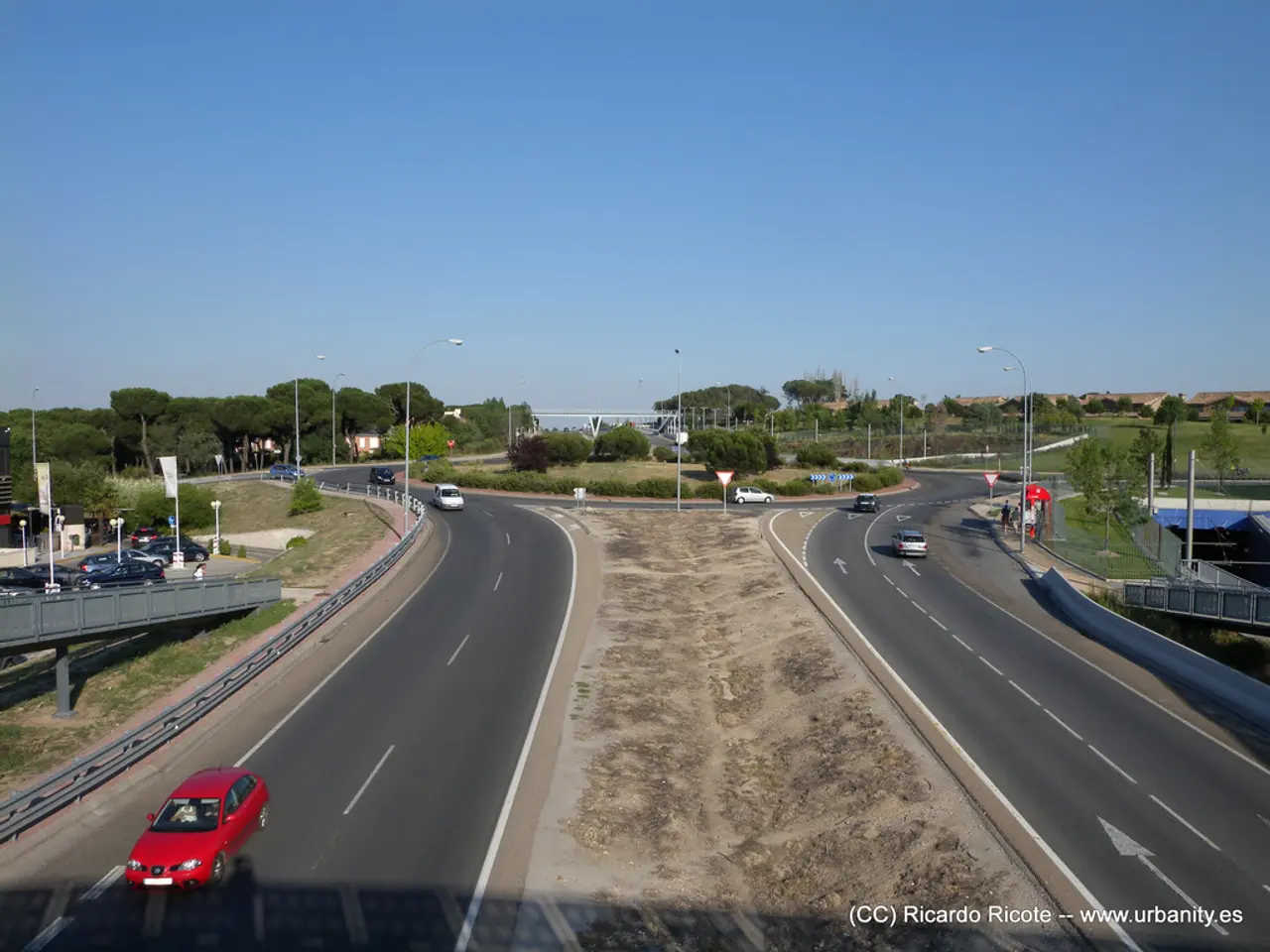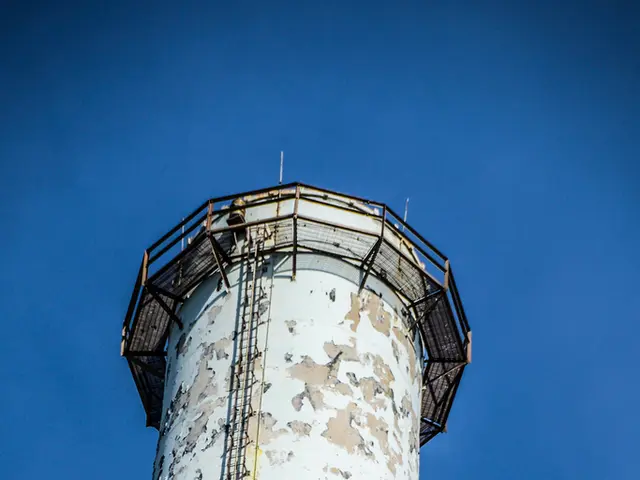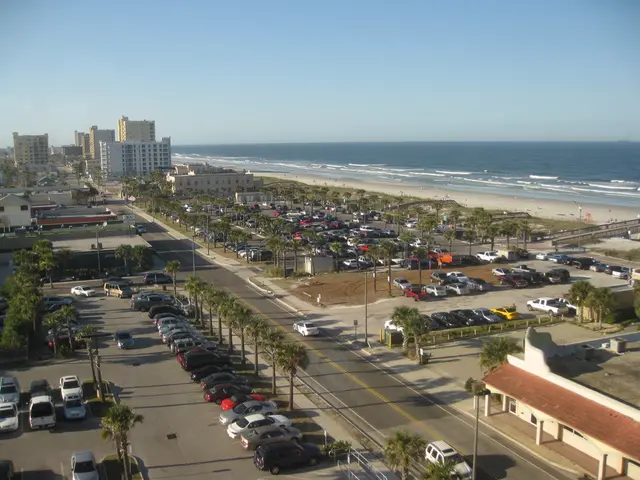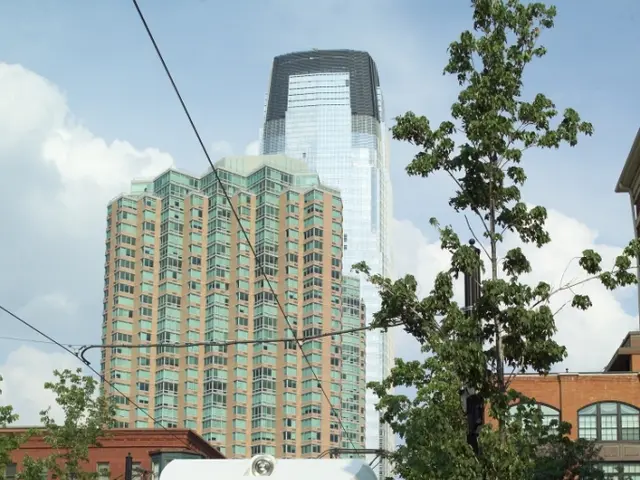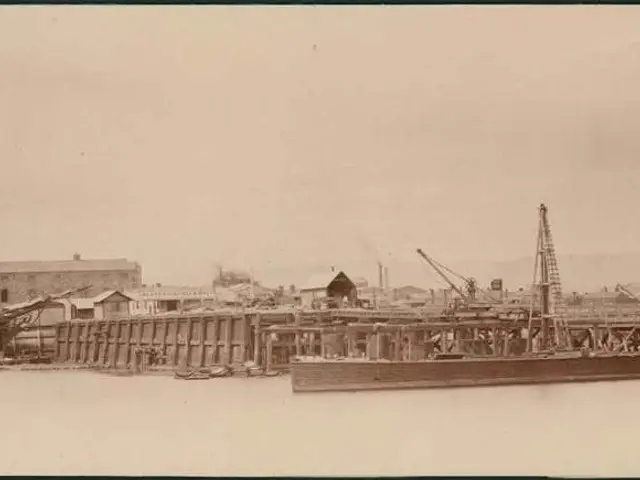Colorado's Proposition 112: A 2,500-Foot Fracking Buffer on the Ballot
Colorado, now the seventh-largest oil producer and fifth-biggest natural gas supplier in the US, faces a significant decision with Proposition 112. Activists hope this ballot initiative will halt fracking in growing Front Range suburbs due to health concerns, such as cancer, low birth-weight babies, and asthma. The proposition aims to protect residents by setting a 2,500-foot buffer from occupied structures and other vulnerable areas.
Colorado's oil and gas boom began under the Bush-Cheney era and accelerated under Obama, transforming the US into a global oil production leader. Between 2010 and 2018, Colorado's oil production quadrupled to 132 million barrels. The Wattenberg field alone produces over 1.92 billion cubic feet of gas and 331 thousand barrels of oil and condensate daily from its 23,000 active wells. However, this growth has raised concerns about public health and safety.
Proponents of Proposition 112 point to a 2017 explosion in Firestone as an example of the risks posed by fracking. A study from the Colorado School of Public Health also found that people living within 2,500 feet of wells are more likely to develop serious health issues. The proposition seeks to protect these residents by limiting fracking on almost 85% of private land.
Colorado's oil and gas industry has significantly contributed to the state's economy, with over 55,000 active wells. However, Proposition 112 aims to balance this growth with public health and safety concerns. If passed, it would set a 2,500-foot buffer from occupied structures and other vulnerable areas, potentially halting fracking in growing suburbs. Colorado's history of direct democratic initiatives, including demanding Renewable Energy Standards and legalizing recreational cannabis, shows that voters are engaged in shaping the state's future.
Read also:
- chaos unveiled on Clowning Street: week 63's antics from 'Two-Tier Keir' and his chaotic Labour Circus
- Racing ahead in Renewable Energy Dominance: Changzhou, Jiangsu Pushes for Worldwide Renewable Energy Ascendancy
- Renault Group to Discuss Decarbonization and Circular Economy Strategies at ChangeNow 2023 Event
- Public remains oblivious to potential hazards at gas export facilities, due to confidentiality surrounding their operations
